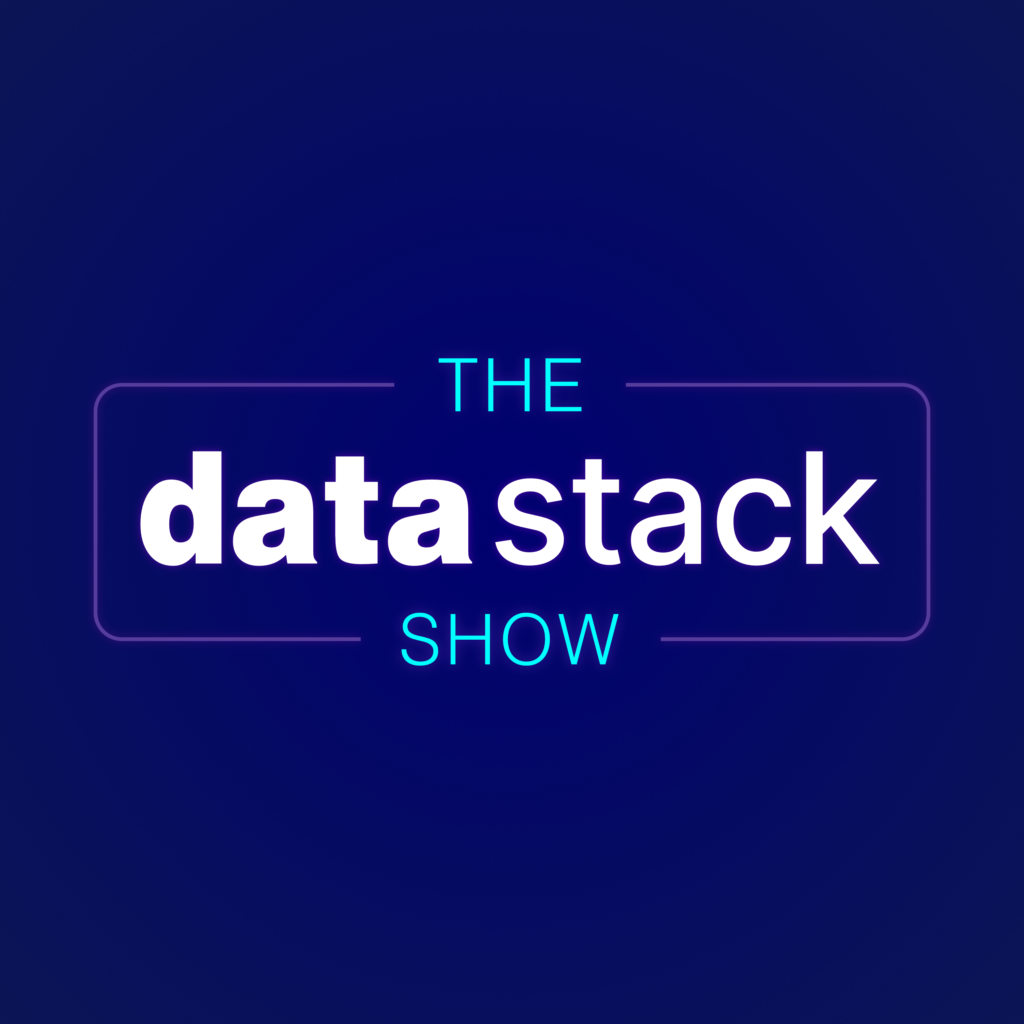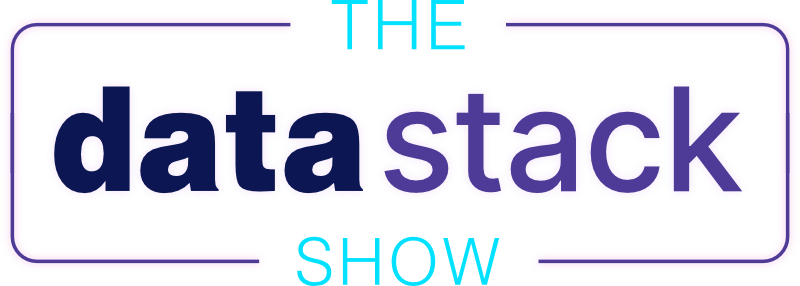
In this bonus episode, Eric and Kostas preview their upcoming conversation with Rob Woollen & Stipo Josipovic of Sigma.
The Data Stack Show is a weekly podcast powered by RudderStack, the CDP for developers. Each week we’ll talk to data engineers, analysts, and data scientists about their experience around building and maintaining data infrastructure, delivering data and data products, and driving better outcomes across their businesses with data.
RudderStack helps businesses make the most out of their customer data while ensuring data privacy and security. To learn more about RudderStack visit rudderstack.com
Eric Dodds 00:05
Welcome to The Data Stack Show PRQL where we replay a snippet from the show we just recorded. Kostas, are you ready to give people a sneak peek? Let’s do it. Well, Kostas, what a fascinating conversation with SIBO. And Rob from Sigma. They have built a modern analytics tool that is a spreadsheet and sequel interface. So relying on the two most common paradigms for modern analytics, and it was fascinating to hear them talk about how and why they made the decision to pursue that kind of interface. I think two things stuck out to me. One, they didn’t start there. That seems like an obvious, you know, it seems like an obvious decision, well, let’s just, you know, bridge this gap between the spreadsheets and sequel, which have the most usage in terms of analytical interfaces than, you know, any other tooling in the world. But they didn’t actually start there. Rob, as a founder, told us this, you know, told us that they went through many iterations and did a ton of research watched, you know, tons and tons of analysts use a bunch of different tools. And ultimately came to that conclusion, that, to me was fascinating. The other piece that I really appreciated was, they really had kind of a humble nature to them, in terms of the way that they described, coming to their conclusions about the product. And I think Rob, made a great point, and that a lot of analytics tools are pretty opinionated, because they maybe think that they need to create a lot of guardrails for the end users, because they sort of know how analytics need to be done better than the end user. And Rob was pretty clear, that’s not actually true. And that he seems to have a fundamental belief that that’s a pretty bad way to build products in general. And, you know, from their success, it’s clear that I think they made the right choice in sort of, you know, giving different kinds of advanced tooling to different users. So loved it, it was absolutely great episode.
Kostas Pardalis 02:29
Oh, yeah, I had a percent. I mean, there are a couple of things that I found, like, really fascinating. And like, there was like a wealth of like, let’s say, wisdom there from some people with like, a ton of experience in the industry. I really enjoyed like the part, the parts where we talked about the, the differences between the relational model and the spreadsheets and how these can be breached, like, what does this mean in terms of, but like the product that you’re building in terms of like, the experience that you’re trying to build there, and there were like, some very interesting insights there. But also, from a technical perspective, like, what it takes to engineer a system like that, which is also like, super, super interesting. And gives like, like, helps us like, understands of like, the difficulty and the complexity of the problem that we are dealing with. And at the same time, it’s like, very interesting to hear that. It is a German, like, you never like solving a problem is always like a journey. And like, that’s what I like, I really keep like from this conversation with both like people and like Rob like, yeah, I would have done so far like, and I’m like, I would say, they’ve done an amazing job. They didn’t say the word amazing, because like, they are very humbled. But sigma is like an amazing tool in terms of like how, like the experience that he delivers at the end. But Rob was like very explicit on that. It’s still like a lot of work to be done there. And many things that like can be improved. And the other thing that I’d say, and I’m not going to disclose exactly what because I want to keep that as like a surprise like for our audience is that there is also like a hidden gem in this conversation about go to market and building products and companies, especially when you are going out there to compete against some very established and big companies. Yeah, so I would recommend to anyone like to pay attention. There are like some very interesting parts of the conversation not only from the technical and the product perspective, but also the business perspective.
Eric Dodds 05:00
I agree. All right. Well, thank you for listening. Another great episode in the books, subscribe if you haven’t on your favorite podcast platform and tell a friend if you haven’t. We always love getting new listeners and of course give us feedback. You can go to the website, submit the form, tell us what you like what you don’t and we will catch you on the next one.

Each week we’ll talk to data engineers, analysts, and data scientists about their experience around building and maintaining data infrastructure, delivering data and data products, and driving better outcomes across their businesses with data.
To keep up to date with our future episodes, subscribe to our podcast on Apple, Spotify, Google, or the player of your choice.
Fill out the form below to get a monthly newsletter from The Data Stack Show team with a TL;DR of the previous month’s shows, a sneak peak at upcoming episodes, and curated links from Eric, Kostas, & show guests.